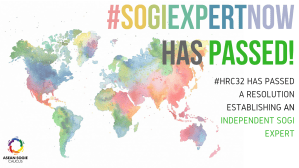The third in our series of teach-ins and interventions on the coronavirus crisis,, from Catherine Baker. Catherine is Senior Lecturer in 20th Century History at the University of Hull, where her current projects include relationships between the military and popular culture; the cultural politics of international events (including the Eurovision Song Contest); LGBTQ politics and identities since the late Cold War, including queer representation in media; and ‘race’ in the Yugoslav region. Her most recent publication is the edited collection Making War on Bodies: Militarisation, Aesthetics and Embodiment in International Relations (University of Edinburgh Press, 2020).

The UK government message is plain, stretched out over socially-distanced podiums at press conferences: ‘Stay home, protect the NHS, save lives.’
Other national leaders and US state governors have similarly appealed to the public to respect emergency shelter-in-place or lockdown regimes, police are patrolling the streets to enforce orders for people to remain indoors, social media users have framed staying at home as a communitarian effort through hashtag campaigns such as Italy’s #iorestoacasa (‘I’m staying at home’), and celebrities are performing their contributions to public morale by sharing video messages filmed in their well-appointed homes.
But feminist and queer understandings of security remind us that even in a global pandemic home can be the least secure place of all, through the forms of structural and physical violence that manifest within.
Homes themselves will be worsening the health of those living in conditions which are too cramped to distance or isolate themselves safely, those suffering the mental health consequences of not having private space or guaranteed access to the open air, and those whose housing depends on informal agreements with arbitrary or discriminatory landlords in the midst of a global economic shutdown. All these circumstances, which can be seen as structural violence, are more likely to affect individuals who have been racialised into stigmatised minority groups, queer and trans people with limited access to employment protections, and migrants kept out of stable housing by the enforcement of the ‘everywhere’ or ‘polymorphic’ border.




